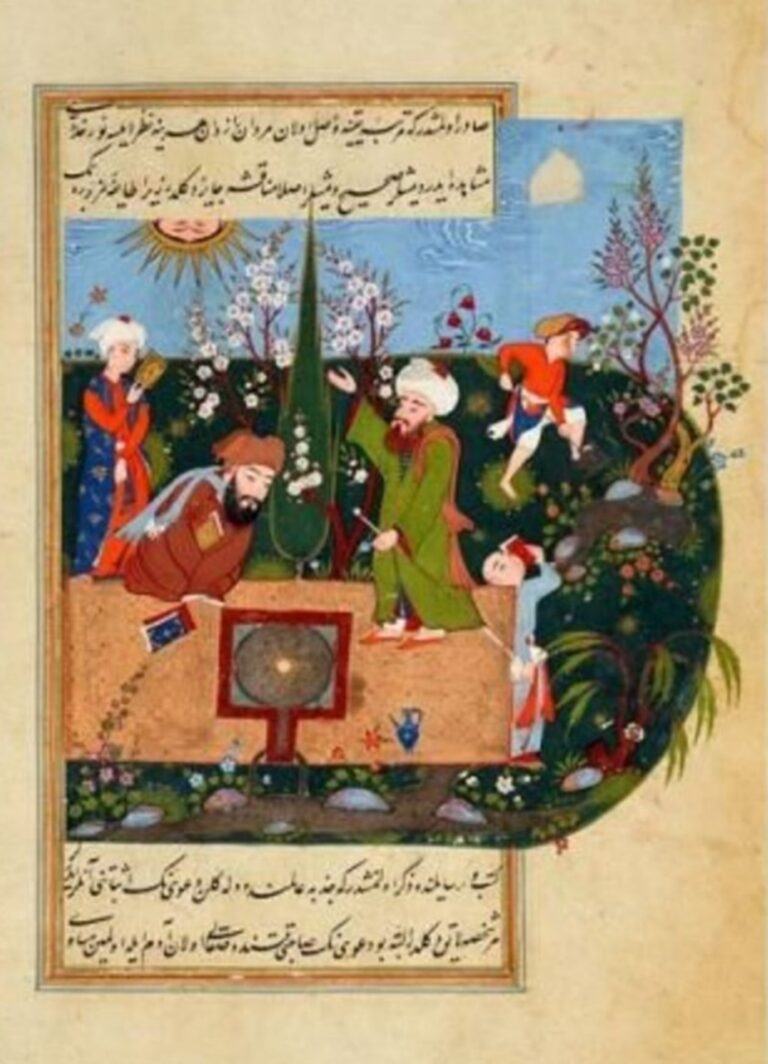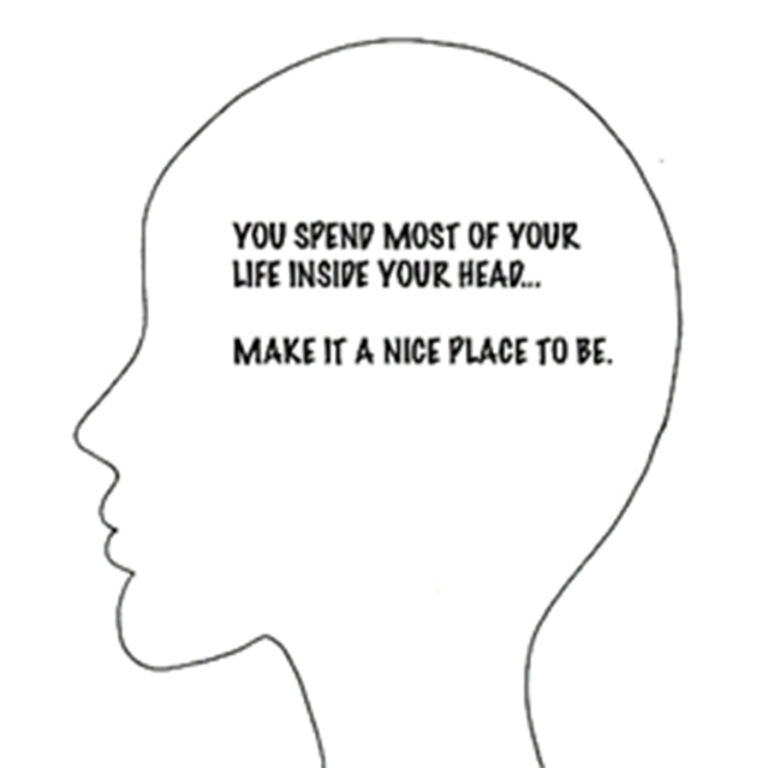Embracing the Inevitable: How Death Inspires a Fuller Life
A wealthy and mighty Persian once strolled through his garden with his servants. One of them cried that he has just encountered the Death who had threatened to take him. He begged his master to lend him his fastest horse so he could flee to Tehran that very evening. The master agreed and the servant immediately set off at a gallop. When the master returned home, he himself encountered Death. ‘Why did you terrify and threaten my servant?’, he asked. ‘I did not threaten him”, Death replied. “I was just surprised to find him here when I planned to meet him tonight in Tehran”.
We all understand that there is an end at some point, but our minds don’t want to accept it. On a subconscious level, they keep telling us, “That is something that happens to others”. We even avoid the word ‘death’.
Let’s say aloud a few times “I will die “(one tip, though – do it when no one is around 😊)
Morbid, hm? But why do we ignore even a single thought of death? Why are we so afraid of dying?
Dying is not scary at all. We die every night when we fall asleep, as we are unaware of what is happening around us. Somehow, we were already dead before we were even born. We do not remember anything that happened before we came into this world because we were not here, right? So, it will be the same after we cease to exist. That is the so-called ‘Symmetry argument’ described by Lucretius, the Roman poet and philosopher before the common era. While not remembering anything before, we are fully aware of what we are going to be deprived from after we leave this world. We will not watch our grandchildren grow up, or observe the direction in which our hometown develops. We will not know whether our soccer team wins a title or whether our spouse find another partner, etc. It all comes from our ego, though. If we manage to overcome it, we’ll realize that all these things do not matter at all. We’ll accept that the world has never revolved around us, nor will it cease to exist after we leave it. The world simply does not think about us.
Also, I have never been to Tokyo. I do not know anyone there and nobody there knows me either. I have left no mark there, and other than what I’ve read in books or have seen on news, I have no idea what is really going on in the world’s biggest city; what it is like to feel the morning breeze, experience the traffic jams, hear the city noise, or smell the street food.
So, in a way, I am dead in Tokyo. In Baghdad too. And in Quito, Ecuador, in Maputo, Mozambique as well. I am somewhat dead in thousands of other places I’ve never been, and perhaps will never visit.
Imagine for a moment what would happen if you would live forever. You would have unlimited time to travel the world, could operate any business you like, and try your hand at all sports. You could indulge in whatever food you desire; not giving a damn whether it’s unhealthy, or full of cholesterol and triglycerides… because you would never get sick and die.
It all sounds great, but eternal life would be your greatest curse. You would shed rivers of tears over lost children and grandchildren. You would cry until becoming completely numb, until turning into stone.
Besides, once you achieve everything, your life would become unbearably empty. Let’s say, for example, if you don’t become a world tennis champion now, you might achieve it next year, or maybe in ten, a hundred or even three hundred thousand years (If Djokovic decides to retire, of course 😊). You’ll be famous and rich. Don’t worry, if it doesn’t happen now, it will happen in 100 years. You will visit Bora Bora, once, twice, as many times as you want. And the South Pole too. You’ll explore the jungles of Costa Rica, and the wilds of Alaska; you’ll cycle around the Norwegian fjords… And then what? What comes next? Fame will lose its allure; the Maldives will become mundane after a hundred visits. You will have uncovered all secrets, fallen in love hundreds of times, and fallen out of love just as often. Your enthusiasm will wane, the spark in your eyes will dim, colors will start to fade, pleasures will vanish, and even the greatest miracles will fail to impress you. Everything will feel like old news. Boring. You’ll beg for an end to the suffering, but it won’t be possible. You might start to destroy yourself deliberately, through drugs or attempting suicide, but it won’t be possible—sorry, that was the deal. No euthanasia allowed either. Eternal life! You’ll curse the day you made that agreement.
Therefore, the only way to achieve immortality is to live a legendary life. I believe it is the supreme task we are given at birth: to leave a legacy, something that will outlive us. To do so, the first step is to evaluate our lives, question whether we’re living in alignment with our values, and make the necessary adjustments.
The second step is to confront our immortality. Because what is life? For the Blackfoot Indians it was the glow of a firefly at night, one breath of a buffalo in winter. Steve Jobs, in his famous Stanford commencement speech, referred to death as “very likely the single best invention of life,” a natural agent of change, clearing out the old to make way for the new.
In Bhutan, they have developed a special attitude towards death, believing that spending five minutes a day contemplating it, positively affects their lives. For me, one of the most inspirational ways to start the day is by reading obituaries. I remind myself that all these people would love to have my seemingly huge problems. They would give anything to have a terrible morning headache, to be overweight, or to be late with loans repayments. Reflecting on death can inspire a more vibrant, purposeful, and authentic life. It’s a paradox that the end of life can teach us the most about living.
So, let us then view death not as the antithesis of life but as an integral part of it. Let’s use the awareness of our finite time as a call to action, to live not in the shadow of death, but in the light of the knowledge that every day is a gift not to be wasted.
And instead of rushing to Tehran, let’s try another tactic to escape death. When attending a funeral, make sure they don’t talk too much about you because if they do, you are most likely the reason for their gathering in (hopefully) such large numbers. 😊
Cheers!





